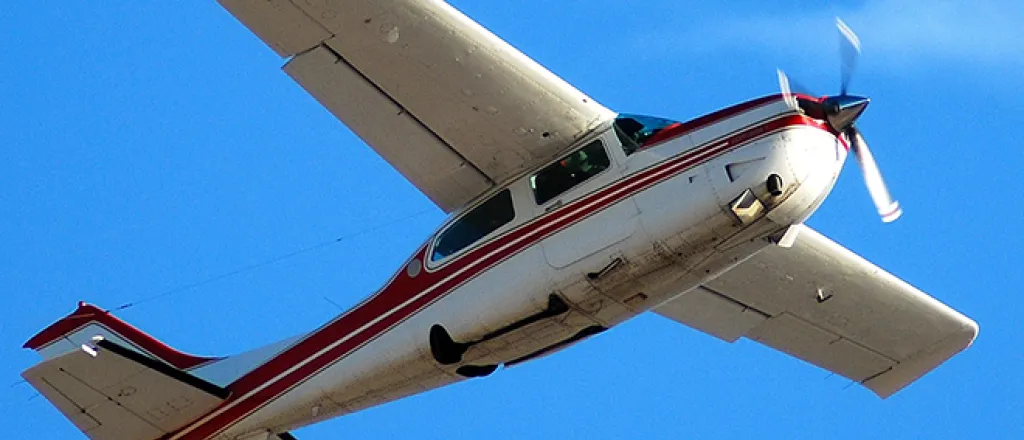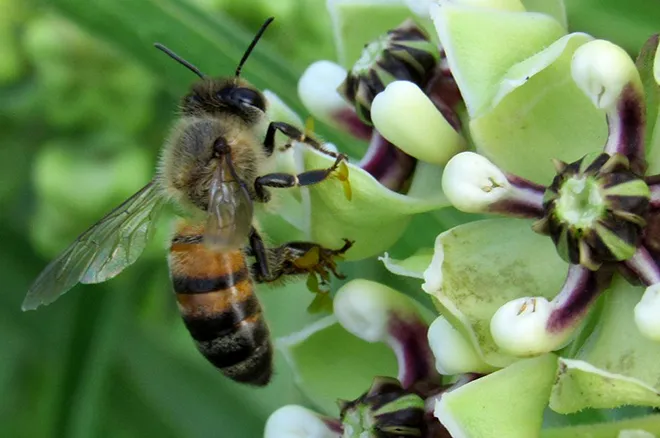
Kansas aviation industry rebounding from pandemic losses
(The Center Square) – Kansas aviation and aerospace leaders are seeing the industry slowly return to pre-pandemic levels and more stable conditions.
Ethan Eck, 2021 president of Wichita Manufacturers Association (WMA), said the industry is in recovery mode after facing challenges from the Boeing 737 production pause and impact of COVID-19 related layoffs and furloughs that are now decreasing. He said many companies are beginning to recall workers or experience growth in general aviation and defense/military divisions.
One issue at the top of industry leaders' minds is continuing to find skilled workers as recovery continues.
"At this time there is not a worker shortage, however, there is always an opportunity to increase the skill set of the workforce talent pipelines, and raise awareness on manufacturing careers for young adults to enter the industry and eventually replace workers as they retire," Eck told The Center Square.
As air travel increases, Eck said, there is a more positive outlook for commercial aviation manufacturers.
"While this will be a gradual return to pre-Covid levels, commercial customers are beginning to upgrade their fleets, positively impacting WMA members," Eck said. "General aviation also has a positive outlook and defense/military manufacturing work continues to be robust, as well as the maintenance, repair and overhaul (MRO) capabilities Wichita is known for in all aviation sectors."
A "thriving aviation research and development ecosystem producing innovation" is another positive contribution to Kansas' future prosperity Eck said.
"Awareness and talent development are key areas of focus for WMA as we work to support our members and grow the manufacturing industry," Eck said. "Other areas of opportunities include technology advancements in production; robotics, automation and artificial intelligence, machine learning and a shift to smart factory operations."

















